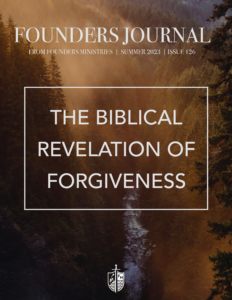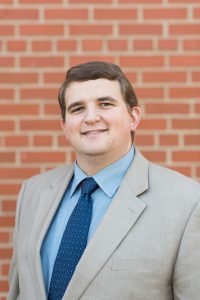1 John 3:2-6
“Beloved, now we are children of God, and it has not appeared as yet what we will be.
We know that when He appears, we will be like Him, because we will see Him just as He is. And everyone who has this hope fixed on Him purifies himself, just as He is pure.
Everyone who practices sin also practices lawlessness; and sin is lawlessness.
You know that He appeared in order to take away sins; and in Him there is no sin.
No one who abides in Him sins; no one who sins has seen Him or knows Him.”
John calls those whose sins are forgiven “children of God” (1 Jn. 2:12), yet in these verses he observes that we do not look like the Father who has begotten us: “it has not appeared as yet what we will be.” Furthermore, we are told that everyone hoping in Christ should “purify himself, as He is pure.” But how can we do this since we fall short of our calling? To encourage us in pursuing holiness, John reviews three indisputable facts, regardless of our external appearance:
First, sin is lawlessness (v. 4). When Adam and Eve sinned in the Garden, they transgressed God’s law, rejecting His standard and substituting their own. They, and their posterity with them, became lawless and thereby separated from God. As long as we are sinful, as long as we are lawless, we cannot be reconciled to the law-giving Lord. This fact would drive us to despair, were it the end of the story.
But the second fact answers the need of the first: Christ appeared in order to take away sin (v. 5). As the Godman dwelling with us (Jn. 1:14, 6:38), He lived perfectly because “in Him there is no sin”; He obeyed where we did not. Additionally, in His work on the cross, Christ takes our sin upon Himself, bearing its punishment in our place. His death settles the matter of sin. If Christ took away my sin, and in Him there is no sin, then where is the sin He took away? “As far as the east is from the west, so far does he remove our transgressions from us” (Ps. 103:12).
These two facts, (1) sin is lawlessness and (2) Christ takes away sin, lead to John’s concluding third fact: God in Christ justifies His children: “No one who abides in Him sins” (v.6). While God’s children prescriptively should not practice sin (cf. 1 Jn. 3:9), here they are told that they do not sin. Whereas lawlessness is applied to those “practicing sin” (v. 4), the absence of sin is applied to those “abiding in Christ.” Those forgiven in Christ are not judged by their present shortcomings but according to the effective righteousness of Him in whom “there is no sin.”
These facts should fill us with joy, and hope for our sanctification! In Christ God the Father has forgiven our sins and named us His children. Whether we feel worthy or not, those who abide in Christ are the Father’s children and still will be when Christ returns (1 Jn. 3:1-2).
Thanks be to God for His indescribable gift (2 Cor. 9:15)!
























